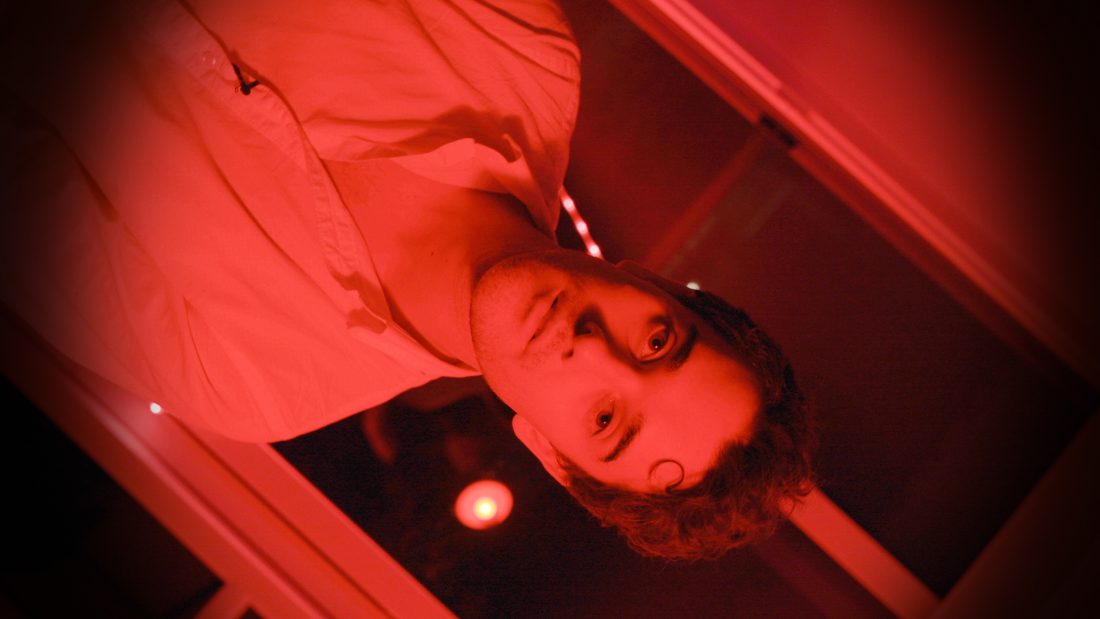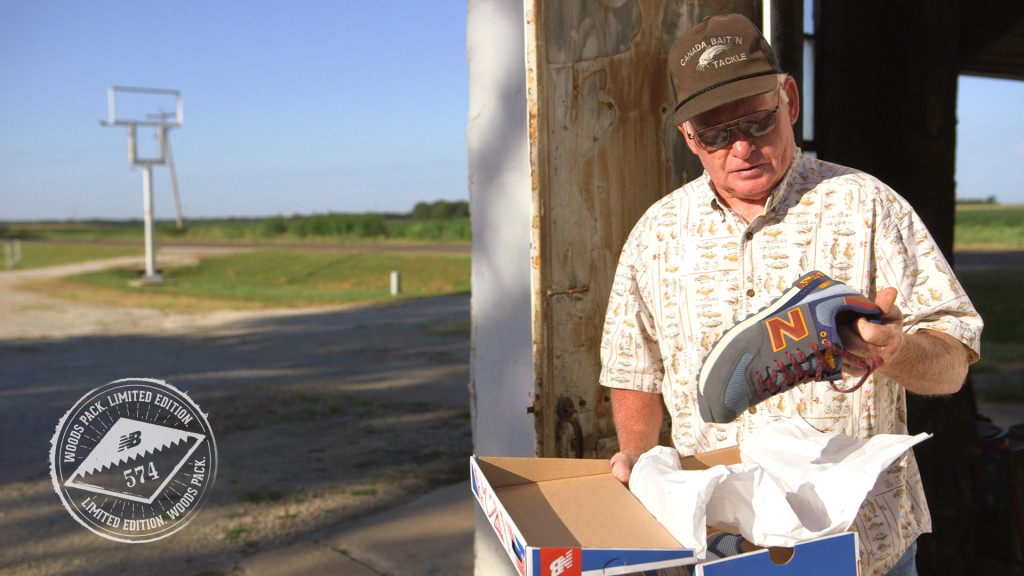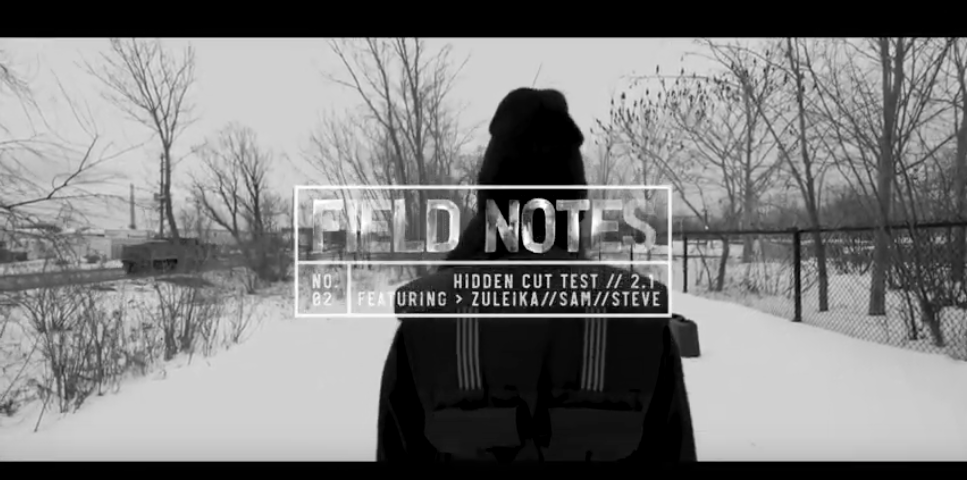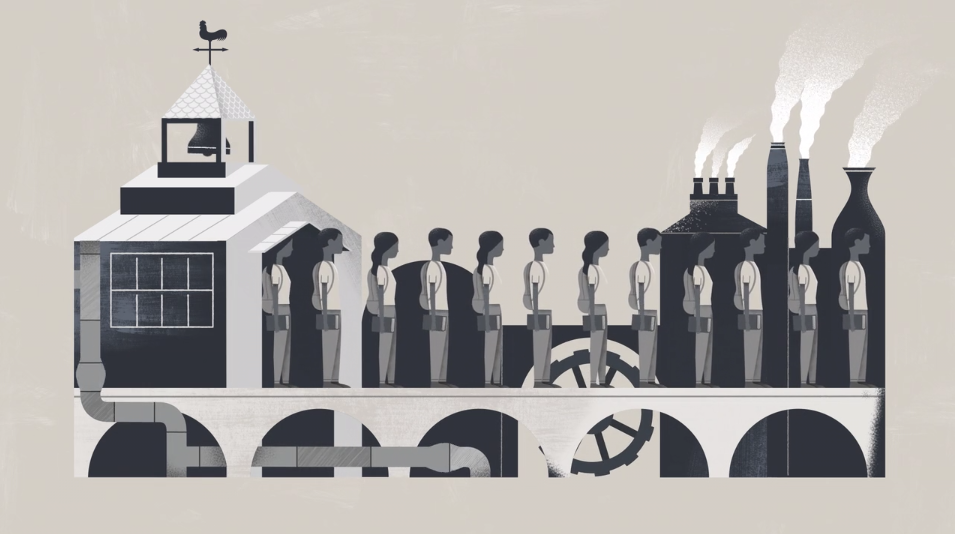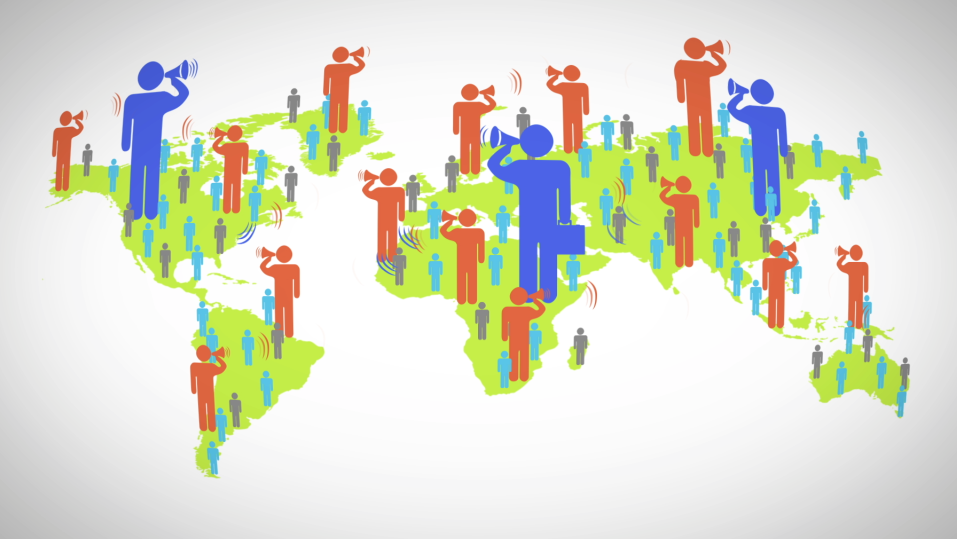
PULL: A New Online Series
 “Ipsa scientia potestas est,” wrote Francis Bacon, Knowledge is Power.
“Ipsa scientia potestas est,” wrote Francis Bacon, Knowledge is Power.
Historically, most would agree. Knowledge has been tightly controlled, doled out on a need to know basis, or pushed out on based on self-interest. Governments have typically held their cards close to their chest, in fear of what their political opponents might do with their plans or secrets. Or, they would release or push out information when they saw fit. Educators have structured knowledge to be measured and given out as students passed their grades. Doctors encourage the idea that somehow they are all-knowing, providing patients with medical information they judge appropriate. Businesses guarded industrial secrets fanatically, litigating copyright infringements, pushing their message and advertising their products in a tightly orchestrated manner.
The model for information transfer was top down, a variation on the idea that somehow Father knows best.
And then came the internet.
All of a sudden, people were sharing and exchanging information, news, videos and even goods. People and organizations suddenly had the capability to PULL information they wanted when they wanted it. This allowed people to bypass traditional information gatekeepers: governments, businesses, educators and doctors. Today, this capability is wreaking havoc on traditional business and institutional structures. Educators, businesses and governments are all trying to come to terms with a world of instantaneous connection. At the extreme, Egypt tried to turn off the internet during protests, attempting to somehow put the genie back into the bottle.
 In our series, PULL – a collection of 40+ interviews, blogs and animated primers – we’re exploring how pulling information, opinions and data is transforming the conversations between business and consumers, students and teachers, governments and their citizens. We’re asking provocative questions, profiling innovators who are embracing change and hearing cautionary tales from others. These individuals are all working to understand how we can successfully navigate the changes technology is introducing.
In our series, PULL – a collection of 40+ interviews, blogs and animated primers – we’re exploring how pulling information, opinions and data is transforming the conversations between business and consumers, students and teachers, governments and their citizens. We’re asking provocative questions, profiling innovators who are embracing change and hearing cautionary tales from others. These individuals are all working to understand how we can successfully navigate the changes technology is introducing.
The series includes creators and thinkers whose ideas are turning our world upside down. People like:
• Andy Schmidt, head of Skype’s Social Good Program, who’s creating virtual field trips and pulling the world into the classroom, where students can interact with students and teachers from remote locations,
• StartUp Health’s Unity Stoakes, who’s working to create a start-up academy where doctors, technologists, investors and customers can pull in the experience of like-minded individuals in other fields to develop solutions to health care issues,
• Professor and author Henry Jenkins who sees the emergence of a new participatory culture where more people are making and sharing content, where media creation and distribution is no longer the sole domain of large media conglomerates,
 • TakingITGlobal entrepreneur Michael Furdyk, who believes technology can transform the social space by engaging like-minded people to solve global problems,
• TakingITGlobal entrepreneur Michael Furdyk, who believes technology can transform the social space by engaging like-minded people to solve global problems,
• and Canada’s own digital guru Don Tapscott, who sees the power of pull re-shaping the way we connect, do business and even how we govern.
These individuals and organizations are looking at the power of pull, at how new technologies are creating new possibilities. They are asking themselves, how can we use these incredible tools for our organization? How do we introduce a nimble, start-up mentality into a traditional, often slow-moving bureaucracy? How can we embrace ideas like openness and collaboration, connect with like-minded partners, customers and constituents? How can we engage them? How can we solve problems together? How can we draw upon or PULL ideas and information from each other, to help innovate and develop new solutions together?
For others the power of pull can be scary. If you are vested in a traditional business or organization, other fundamental questions emerge around the concepts of journalistic integrity, intellectual property, remuneration and privacy. How do we ensure the validity and authenticity of information? How do we avoid a new world of the digital haves and have-nots? What rules govern this emerging world? Who makes them? Who is accountable?
If knowledge is power, who holds power today? Governments, corporations, citizens, consumers, all of us or none of us?
This is where we want to engage you in PULL. What do you think? Are we entering a digital golden age or a dark digital future? What questions do you want to ask? What questions do we need to ask ourselves?
Tell us what you think – join the conversation on PULL @ tvo.org/pull

